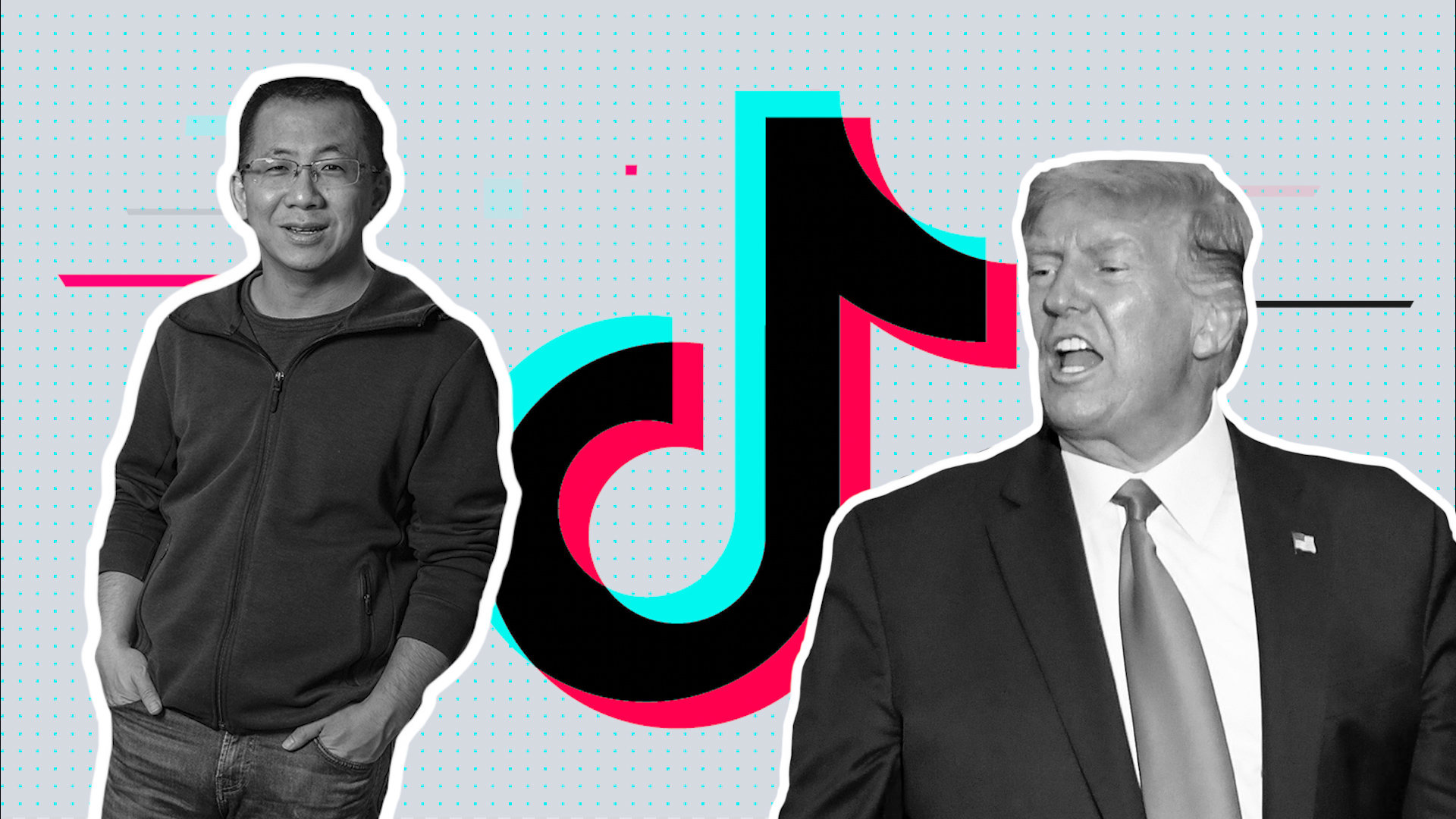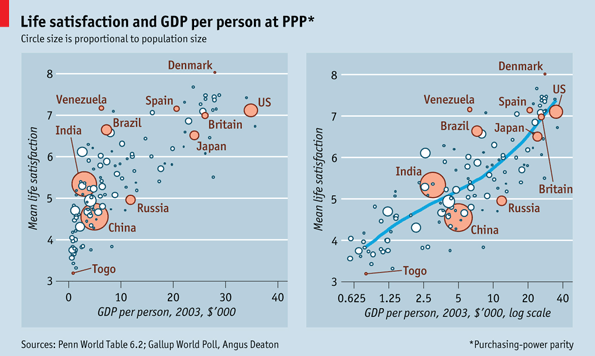
JENNIFER JACKSON – OCTOBER 1ST, 2020
EDITOR: ANDREW BABSON
On August 3 at the White House, President Trump said TikTok would be “shut down” by U.S. authorities, citing national security concerns, unless a “very American” company could purchase it instead. At that point, Microsoft was called into action to acquire TikTok (also known as ByteDance), by a September 15 deadline, lest the company be banned from American operations. Moreover, President Trump added about that deal: “A very substantial portion of that price is going to have to come into the Treasury of the United States.” With the President of the United States personally intervening in the purchase of the technology company over an app known for creating short videos of viral “challenges” and teens lip syncing to popular songs—one must pose the question: What is so essential about TikTok? Further, why is the U.S. government so concerned with repatriating it?
While TikTok innocuously advertises itself as a social media platform, it is also unabashedly a data collection platform that serves and sells advertisements. More importantly, TikTok is one of the only Chinese social media platforms to achieve virality in the U.S., with nearly 100 Million American users as of August 3. This fact perturbs the White House as sociopolitical tensions between the United States have risen with conflicts over international trade, human rights violations in Xinjiang, and the security of Chinese of technology platforms that pose “national security threats.” Executives at TikTok have challenged these claims and maintained that the company does not take direction from ByteDance, its Beijing parent company, and that user data is stored in Singapore rather than China.
However, these statements hardly assuaged officials like White House Trade Advisor, Peter Navarro, who cited the deal as a moment for Microsoft to “enable Chinese censorship and surveillance,” while strongly urging Microsoft to distance itself. Microsoft’s offer to acquire TikTok was declined anyway, well before the September 15 deadline. As of September 13, Zhang Yiming, the founder and CEO of TikTok, chose Oracle to be the company’s partner in U.S. operations, declining Microsoft’s acquisition offer. The primary concern surrounding TikTok has been the control of technology, especially user data. Secretary of State Mike Pompeo has remained adamant that the Chinese Communist Party (CCP) could violate the underlying technology and could demand the data from ByteDance at any time.
Pompeo has also argued that whoever controls the computer code could also utilize politically sensitive information on hundreds of millions of users. Nevertheless, TikTok and the repatriation of the app is just the latest brush war between Washington and Beijing over control of technology platforms.
Beyond the realm of politics, there are valid reasons for questioning TikTok’s handling of user data. In an interview with the New York Times, Brad Smith (Microsoft’s president and chief legal officer) cited two possible security threats. First, users cannot opt out of tracking. TikTok aggregates massive amounts of data on hundreds of millions of users to provide recommended videos. While TikTok has stated they use major servers in Virginia and Singapore, the question remains over whether or not the Chinese government could coerce the company into handing over the data. The second challenge is the potential censorship embedded in TikTok’s existing algorithm. Microsoft engineers who assessed the company have stated that “the only way to assure that TikTok’s Chinese engineers were not designing code and algorithms to affect what users saw, or did not see, would be for Microsoft to take over the code and algorithms.”
TikTok represents a new battle, where for the first time, political forces in Washington are attempting to stop a cultural phenomenon, and one that is closely tied to the President’s own political success. As the United States has become increasingly threatened by China’s widening influence in the technology sector, China has been seen less as a paternalistic “little brother” country that required capitalist and Christian influences in order to succeed, and more of a strategic enemy vying to be the next global superpower. For instance, the Trump administration also recently banned the Chinese Telecom firm Huawei from installing 5G networks and equipment on U.S soil.
During the early 20th century, the defining foreign policy word used to describe China was “plastic”— easily moldable and potentially democratic. For 40 years, the U.S. State Department sought to remake China in America’s image; in 2001, Robert Rubin (Secretary of the Treasury under President Clinton) remarked that adding China to the World Trade Organization would “sow the seeds of freedom for China’s 1.2 billion citizens.” Following this ideology, TikTok in a very practical sense does represent the hallmarks of American capitalism: Zhang Yiming founded his own technology company utilizing market principles, and grew ByteDance from nothing to a base of 800 million users worldwide. These facts present two conflicts: in the United States, Zhang would be hailed as a titan of industry, a successful, serial entrepreneur. But Zhang is clearly not being hailed, especially as his most successful company is under continuous threat by White House officials. Moreover, in banning TikTok, the United States could potentially protect data privacy, and theoretically bring economic benefits back to the Treasury, but also engage in censorship to its 100 million American users. While the repatriation of TikTok is fueled by altruistism and privacy concerns, one must ask: is the “repatriation” that is confronting authoritarianism following in its footsteps?
Featured Image Source: The Wall Street Journal
Disclaimer: The views published in this journal are those of the individual authors or speakers and do not necessarily reflect the position or policy of Berkeley Economic Review staff, the Undergraduate Economics Association, the UC Berkeley Economics Department and faculty, or the University of California, Berkeley in general.



